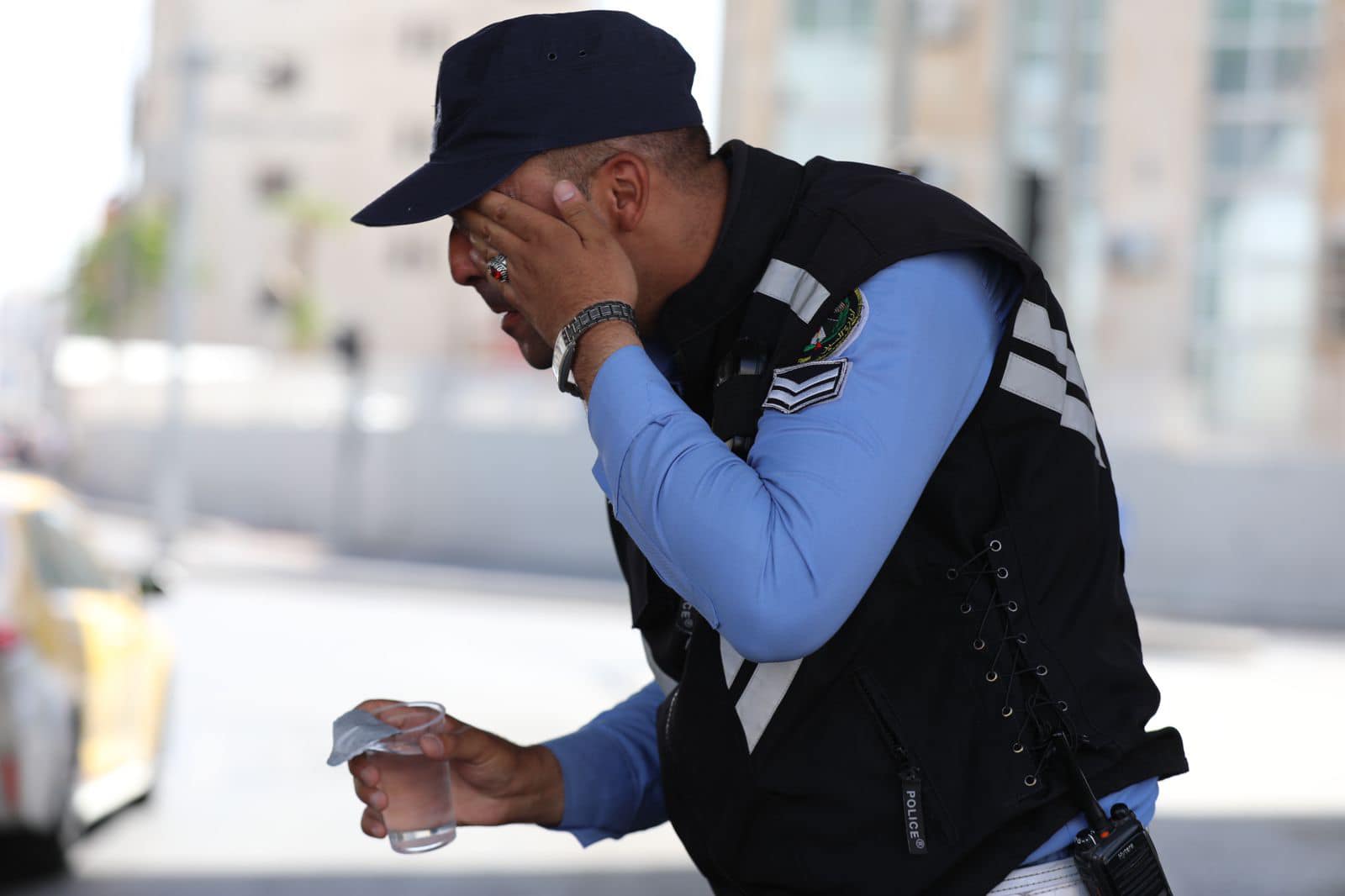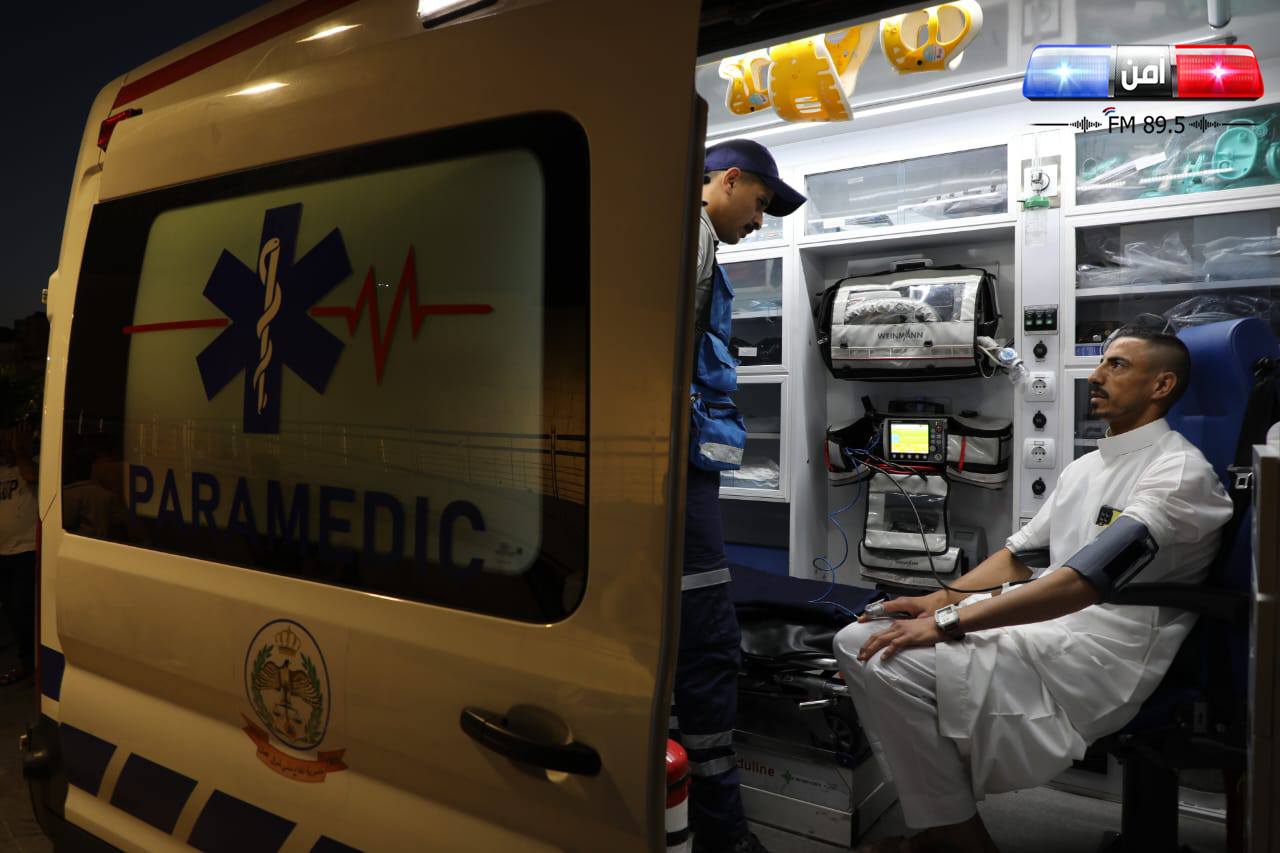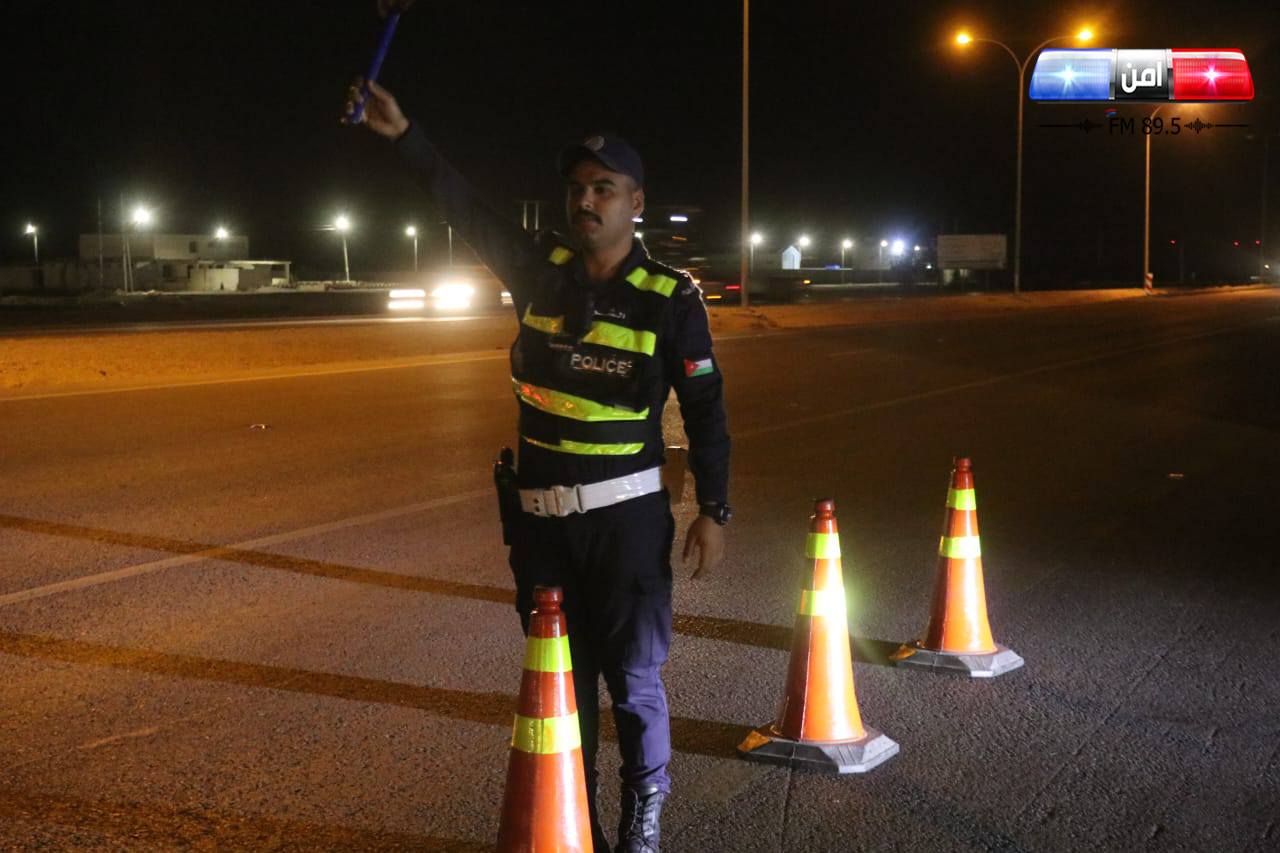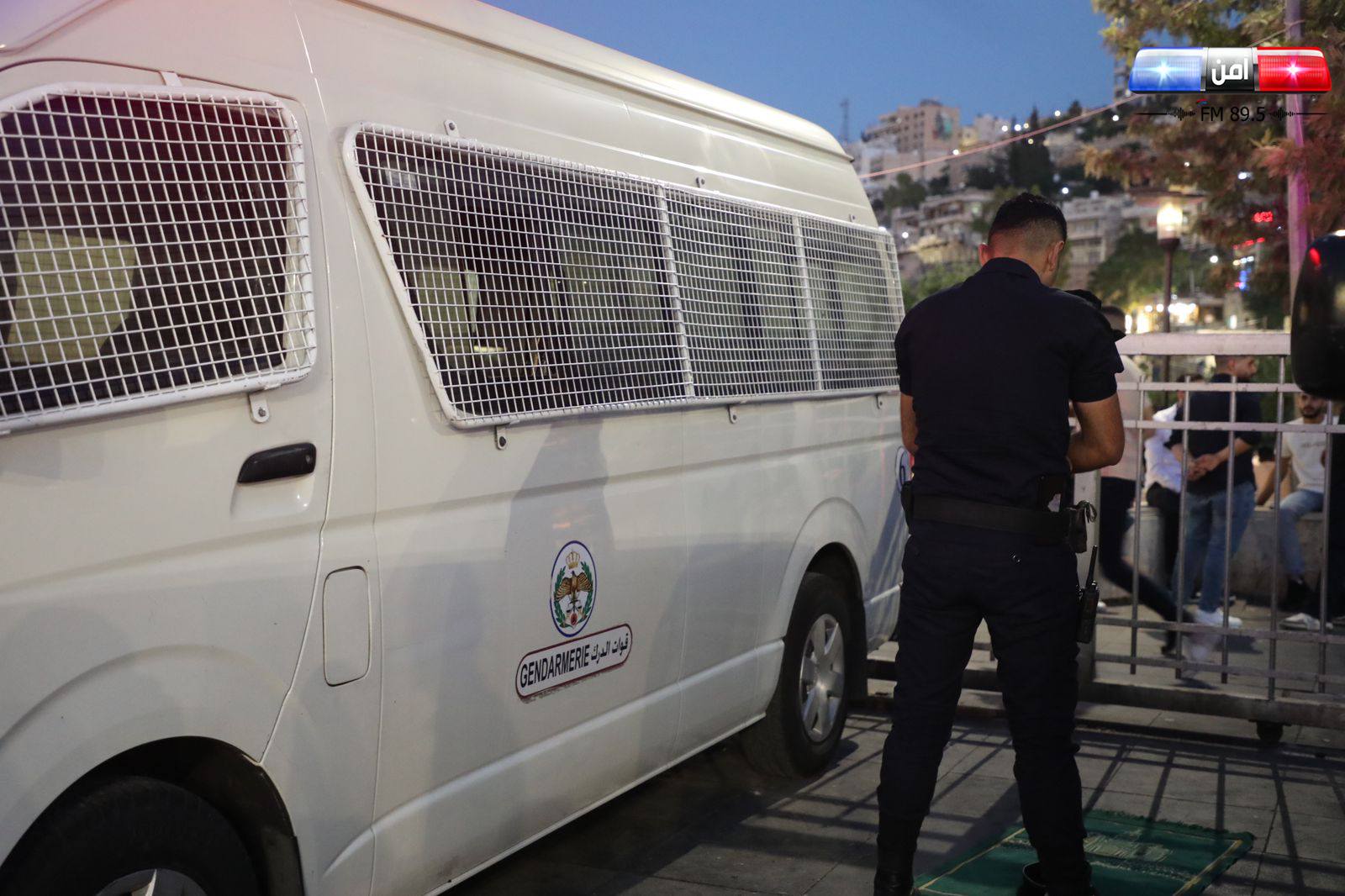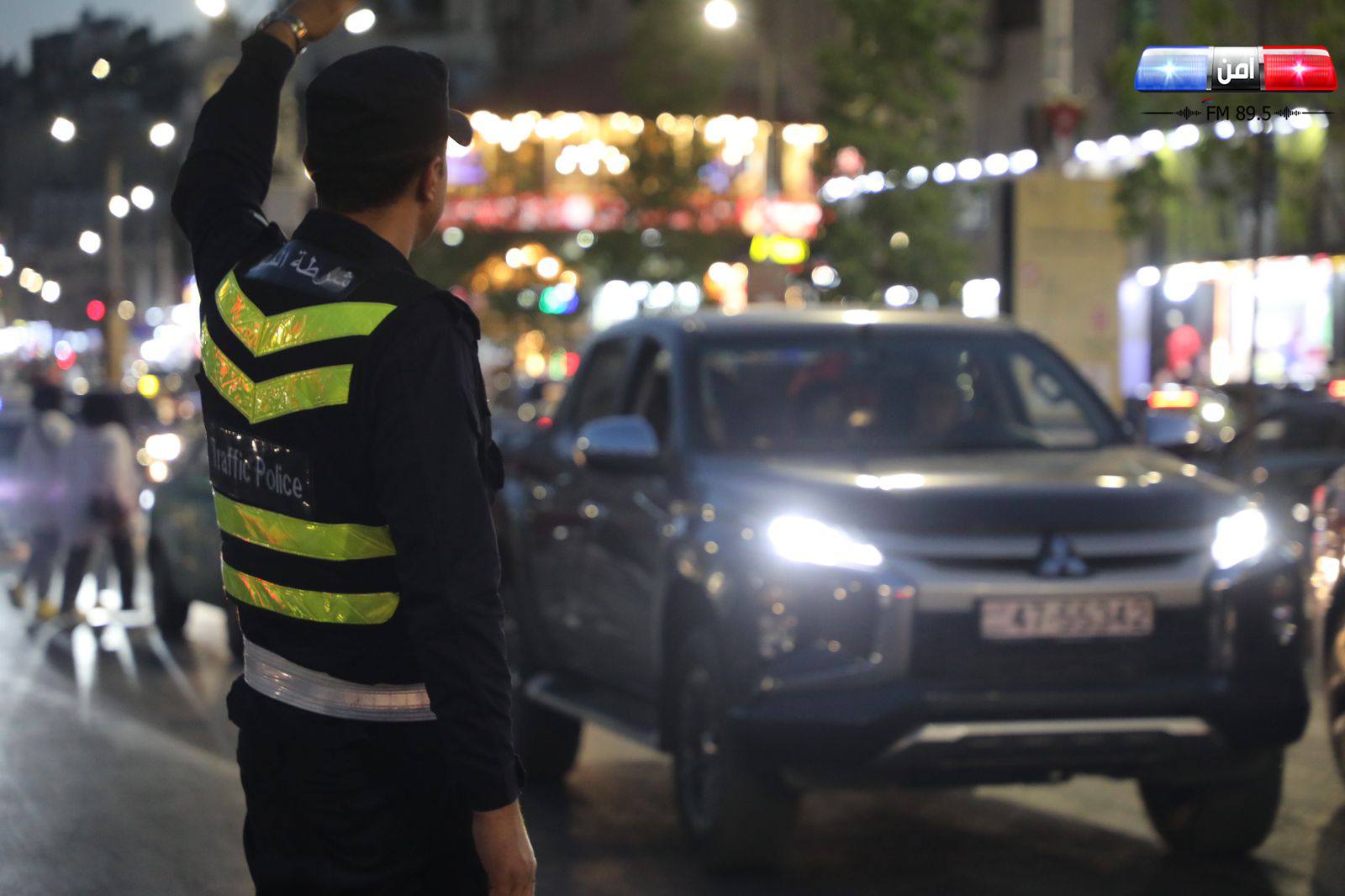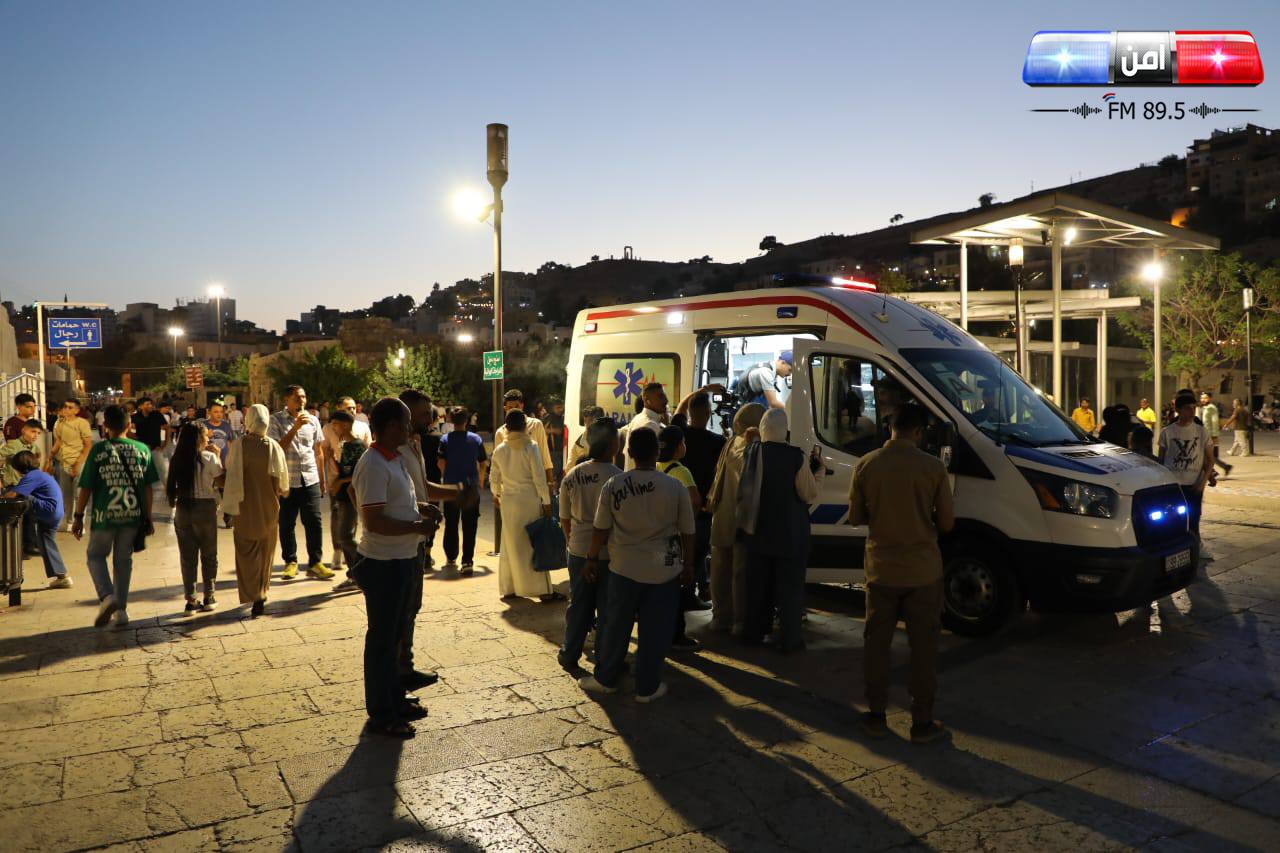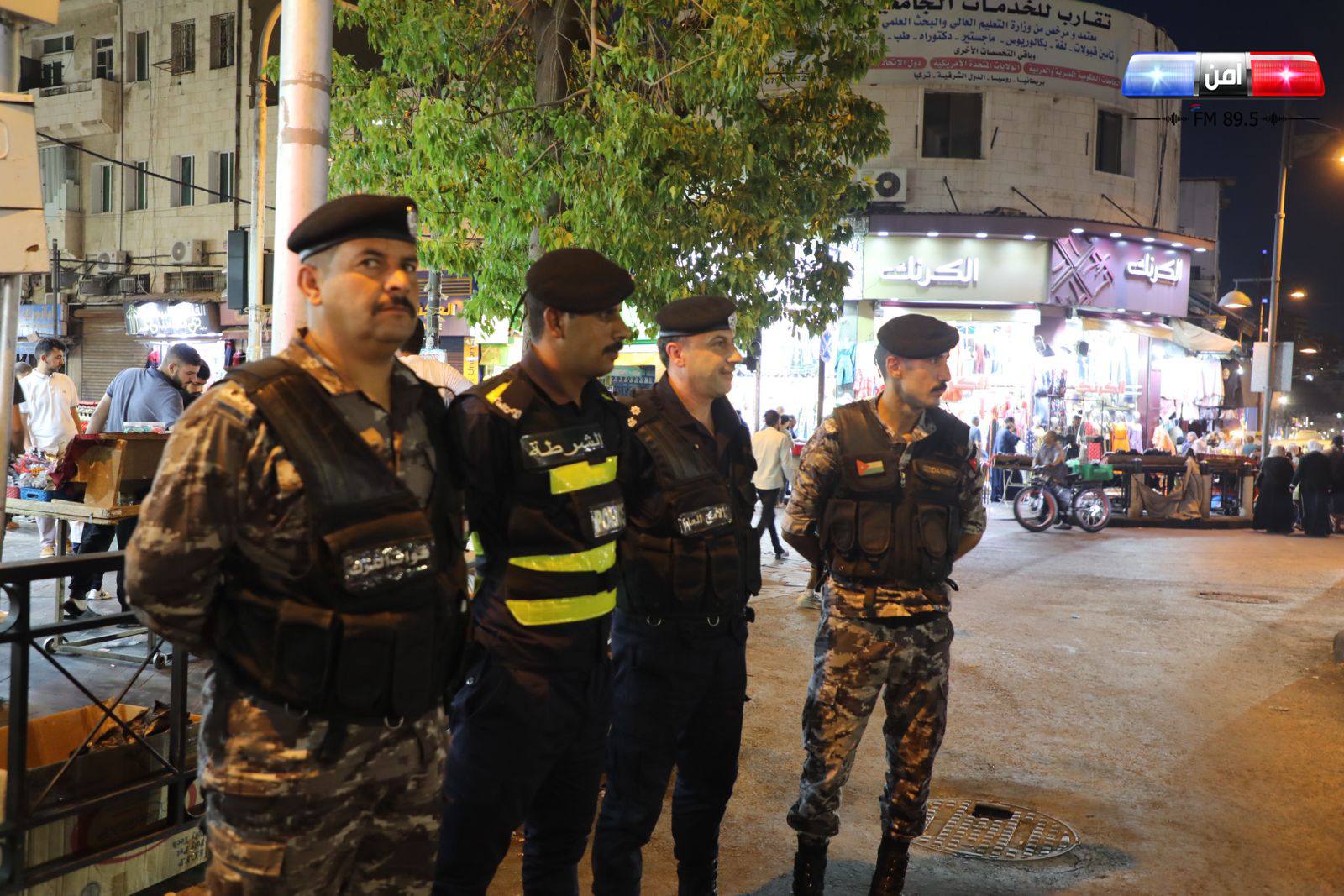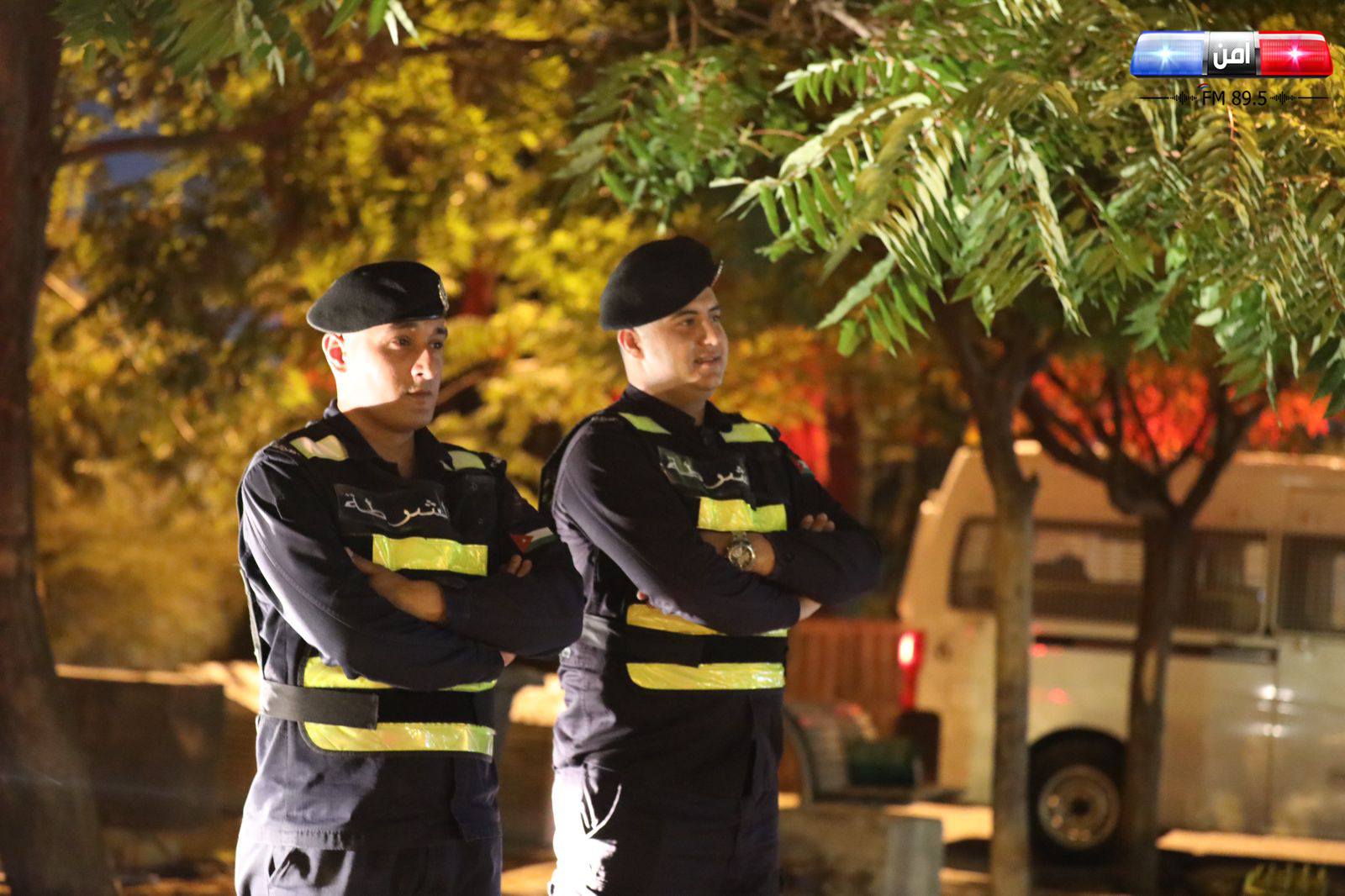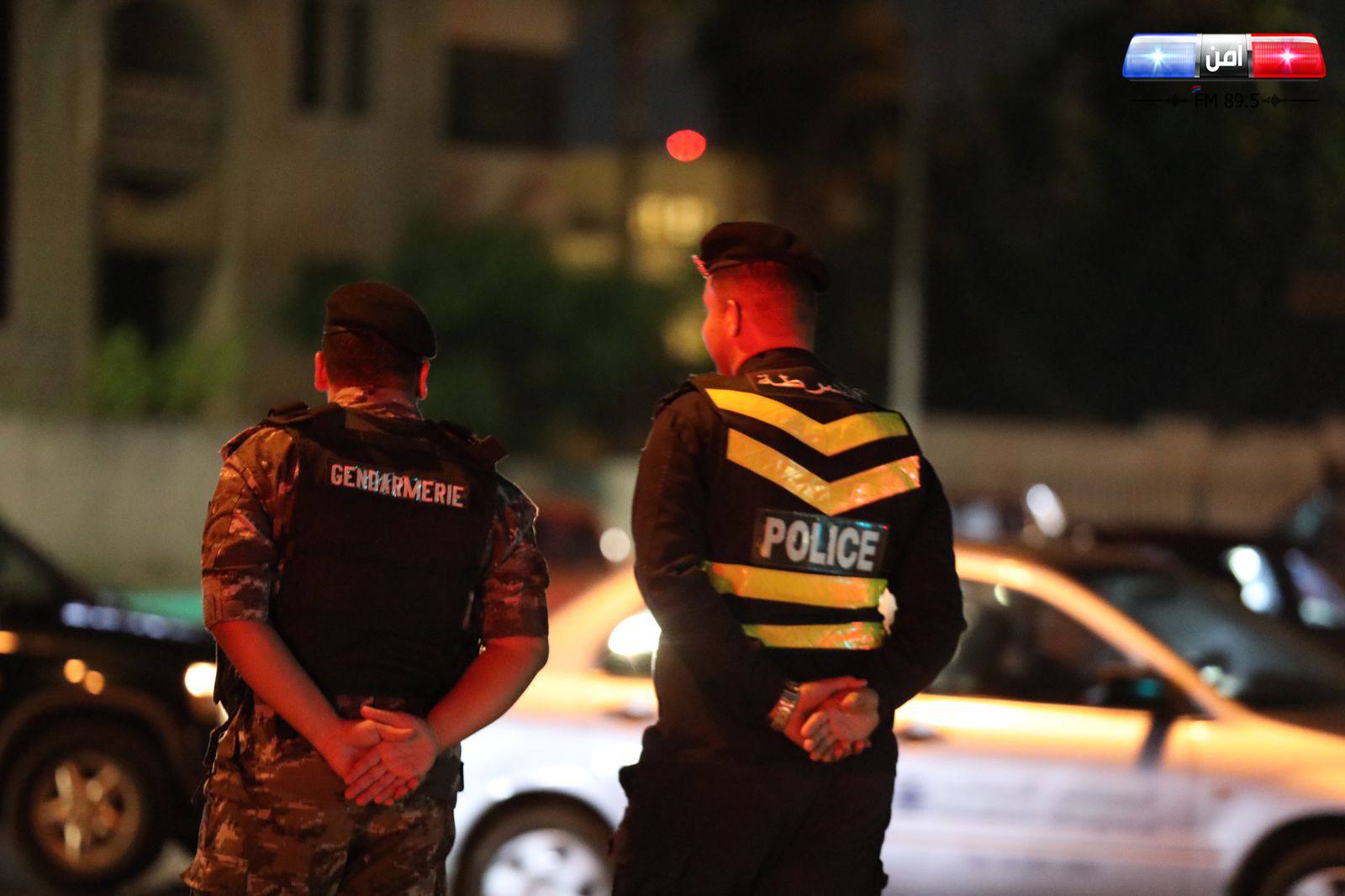19 / 6 / 2024
The Operations and Control Directorate deals with 32,000 reports transferred to the Public Security Directorate units during Eid al-Adha.
Traffic violations (random parking), dry grass fires, and providing first aid services are the most prominent types of reports received by the 911 emergency phone
Amman, June 19 (Aman FM) - The unified emergency phone 911 received approximately 90,000 calls in the first three days of Eid al-Adha
Major Bilal Al-Sarhan from the Operations and Control Directorate said in his interview with the Public Security Radio AMEN FM that the Directorate made great efforts during the Eid al-Adha holiday from the morning of Eid until the end of Tuesday, through its departments and units, to provide all security and humanitarian services and provide security and traffic safety to citizens during the holiday.
Major Al-Sarhan added that the Operations and Control Directorate responded to approximately 32,000 reports through the Public Security Directorate formations, the most prominent of which was providing first aid services and transportation when needed to hospitals, with a number reaching (8,032) emergency cases, in addition to dealing with a large number of reports related to traffic violations , which caused the road to be closed to others, and controlling (4,714) fires in all governorates of the Kingdom through civil defense cadres indicating to the most important incidents that were dealt with was the fire of "dry grass, forest and fruit trees" in the Ajloun forests, where it was extinguished in cooperation with the Royal Jordanian Air Force, the Arab Army, the Ministry of Local Administration, the Ministry of Agriculture, which was due to the rapid response by specialized civil defense cadres, prevented the fire from spreading to the rest of the forest areas.
For his part, the Civil Defense Media Officer stressed in his statement to the Public Security Radio that in light of the Kingdom's weather conditions of hot and dry weather, it is necessary to follow a set of instructions to avoid sunstroke and heat stress incidents, which include avoiding direct exposure to sunlight, drinking fluids, especially water, wearing light and loose clothing, and not leaving sanitizers and lighters inside the vehicle during high temperatures because of the flammable materials.





